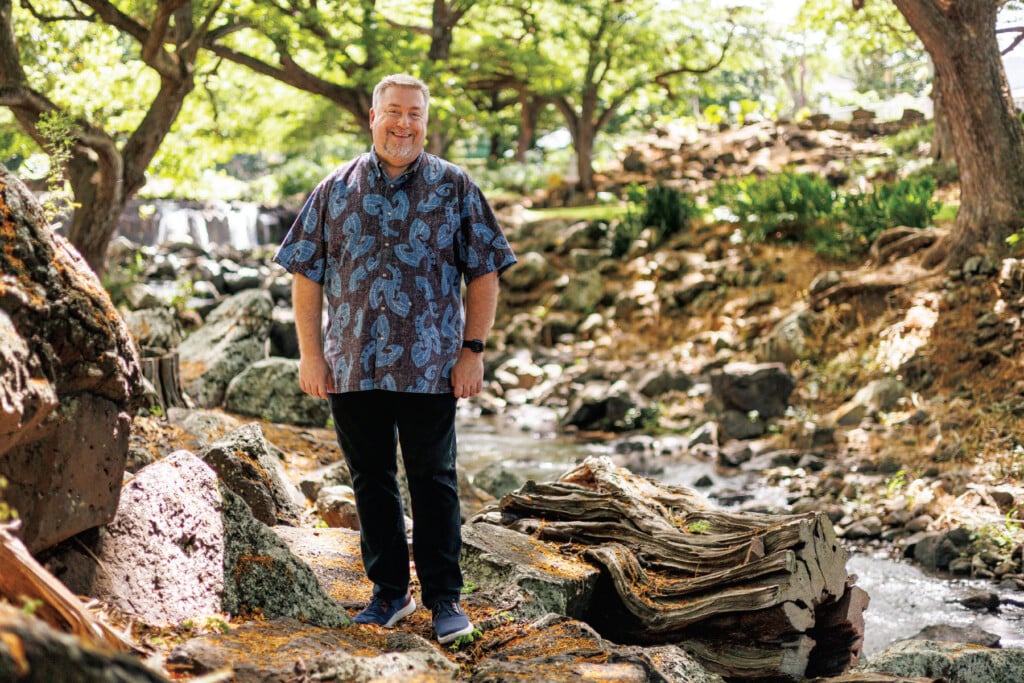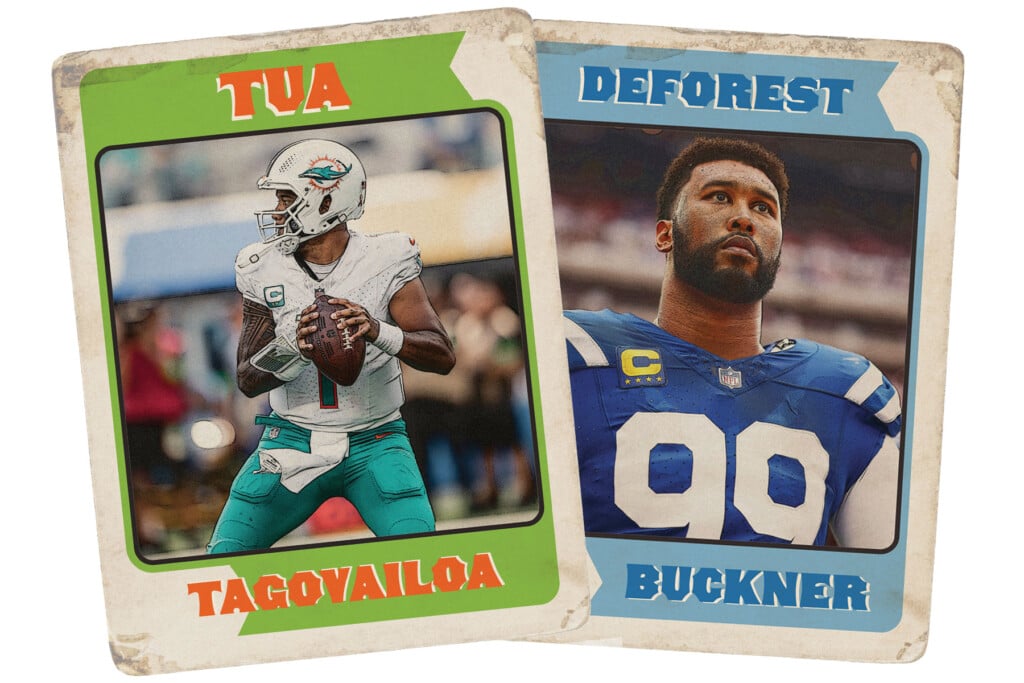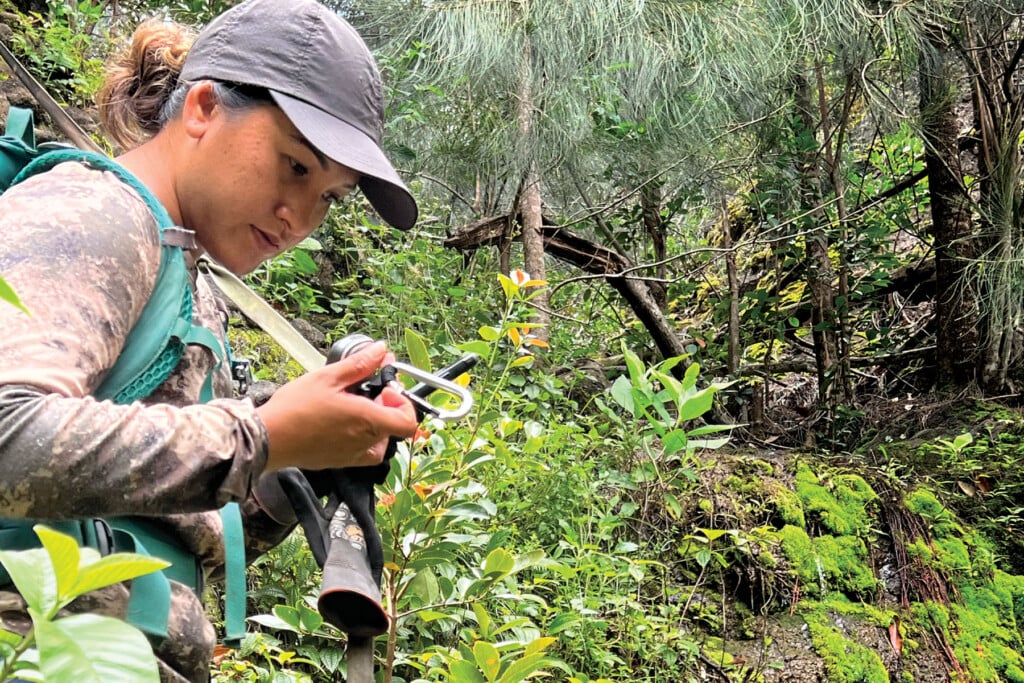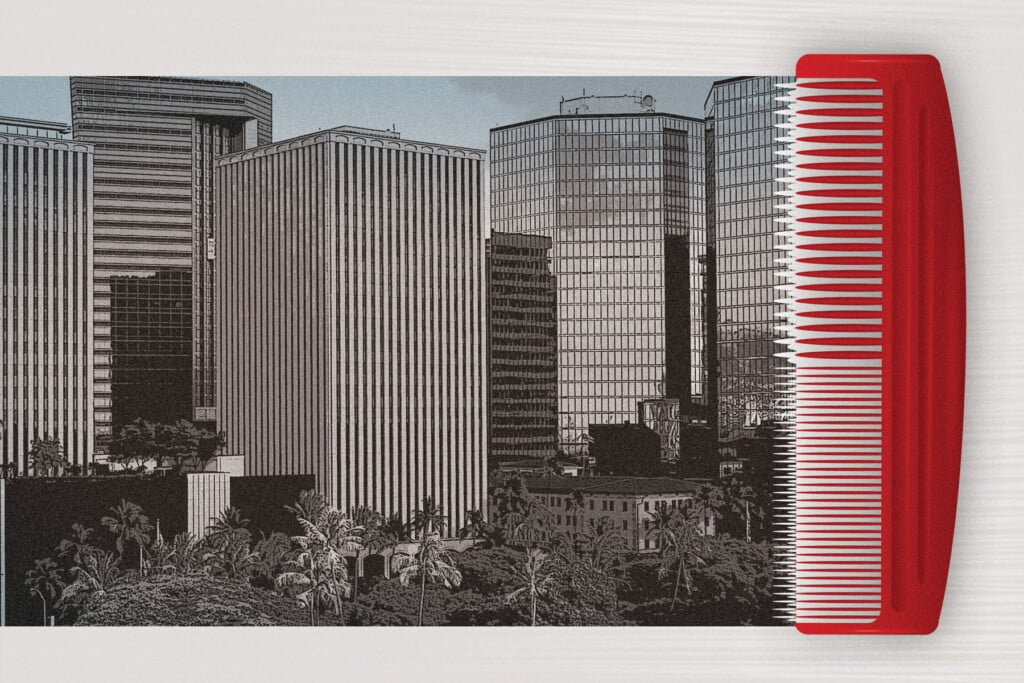My Job Is Helping Grieving Families Through Their Loved One’s Final Days
Joseph Eppink is a death doula, a gift he discovered as a hospice volunteer during the AIDS crisis.

Name: Joseph Eppink
Job: Death Doula
Beginnings: When he was a public school teacher, Joseph Eppink found his passion as a hospice volunteer, caring for dying AIDS patients and their families. “I was doing doula work and didn’t even know I was doing doula work, because it wasn’t even a term back then,” he says. He later went through certification from the International End-of-Life Doula Association to carry his experience forward and help more people. Today, Eppink works at Bristol Hospice on Merchant Street in downtown Honolulu. He also performs related work as a grief coach.
What It Takes: There are three parts to being a death doula, Eppink explains. The first is working with the family before the patient’s passing, through advanced directives on end-of-life care and by setting up memorial services. The second is being with the family during and after the patient’s final moments, helping to wash and dress the body and providing support while waiting for the mortuary. The third is grief, where Eppink says he does most of his work. “Then we can work more individually with family members, friends and others on their grief cycle and grief journey,” he says.
Healing Isn’t Linear: Eppink says the timeline is different for each person he coaches through grief. “Nobody knows how long it’s going to take. It could be 11 years from the death, and it will still affect you somehow. And the tears will still come, but that’s just your body saying, ‘Yeah, a little bit more healing to do.’ ”
His Outlets: To cope with the powerful emotions that come with the job, Eppink turns to prayer; meditation; music; and walks along the beach, where he listens to the sounds of the waves. O‘ahu, he says, “is a very healing island.” “Some people hear ‘death doula’ and say ‘oh, they’re those scary people and they’re just drumming up business and it’s not really there to help patients and families.’ But we’re not (desensitized). It affects us all in different ways, and there will be folks that affect you greatly.”
People’s Stories: He says the most rewarding part of the job is listening and connecting with people. “I love hearing their journeys, where they’ve been, what has made their life. Even as family members or the dying patient or somebody in grieving, what is it? What has made you live? What drives you?”






